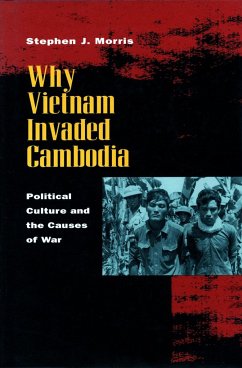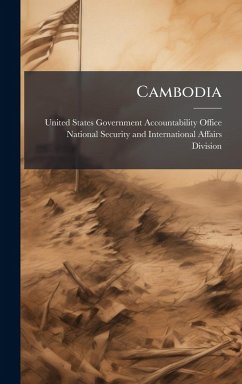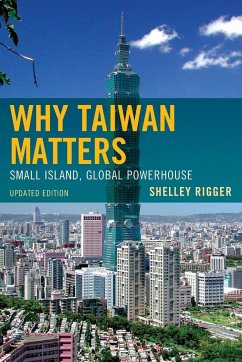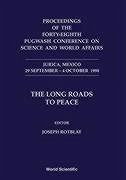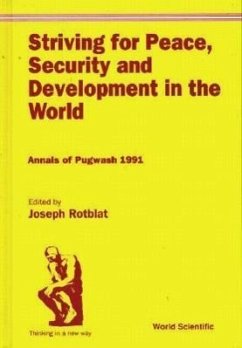
Peace, Power and Resistance in Cambodia
Global Governance and the Failure of International Conflict Resolution

PAYBACK Punkte
26 °P sammeln!
Emerging mechanisms of global governance require specific models of conflict resolution in peripheral regions. These models lack impact in the institutions and practices at the centre of long-standing regional conflicts. The Cambodian elections in 1993 and 1998 exemplify this failure.
List of Figures Acknowledgements List of Abbreviations Maps Introduction PART I: THEORETICAL REMARKS: THE NATURE OF CONFLICT AND PEACE The Paris Plan and its Failure Towards a New Explanation of the Collapse of the Paris Plan Peace in the Post-Cold War Order PART II: THE 1993 ELECTIONS: PEACE AS NEW SOCIAL CONTRACT Tous Les Chemins Ménent a Paris The Paris Plan L'Après-UNTAC PART III: BEYOND THE 1993 ELECTIONS: TOWARDS A NEW MODEL OF INTERNATIONAL CONFLICT RESOLUTION A New Explanation of the Failure of the Paris Plan The Lessons of the Cambodian Peace Process Thinking about Peace in the Emerging Global Order PART IV: THE 1988 ELECTIONS: GLOBAL GOVERNANCE AND THE FAILURE OF INTERNATIONAL CONFLICT RESOLUTION The Dynamics of the 1998 Elections Global Governance and the Nature of International Conflict Resolution Notes Bibliography Index



